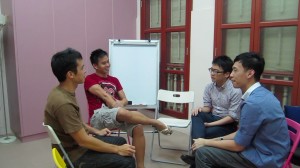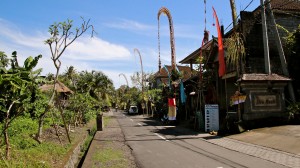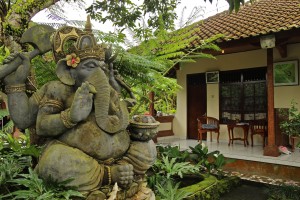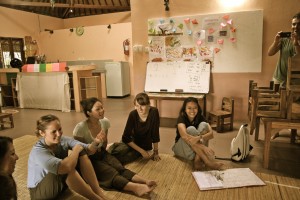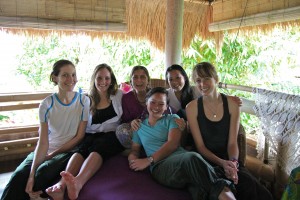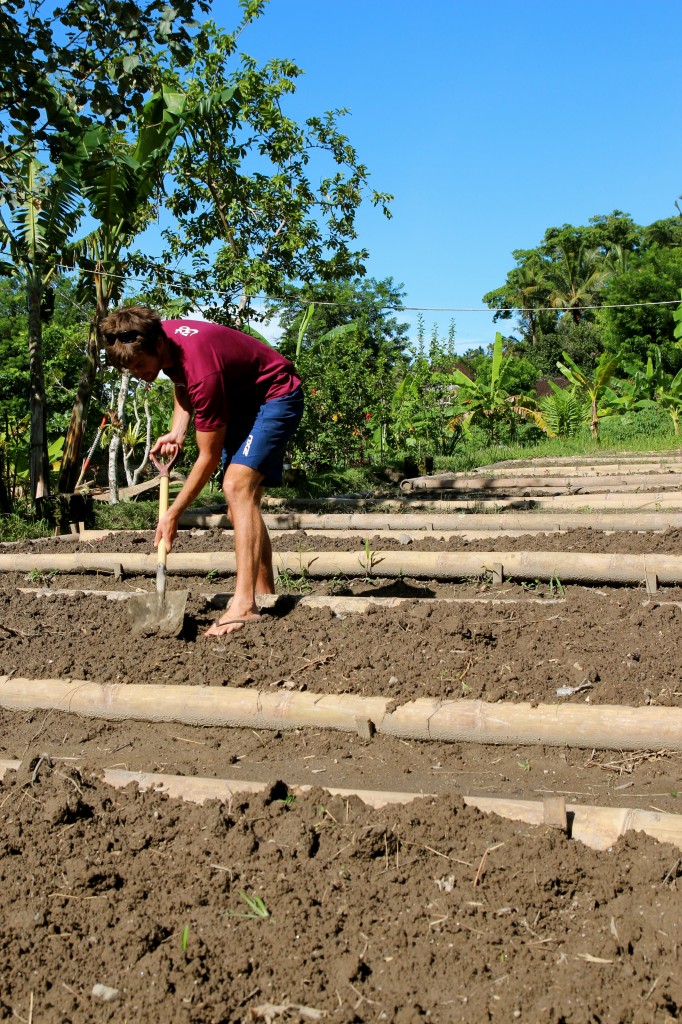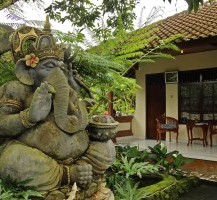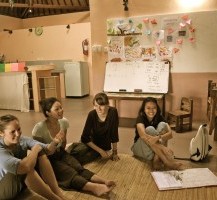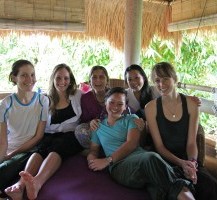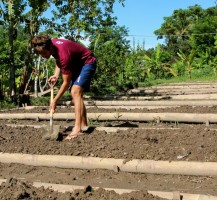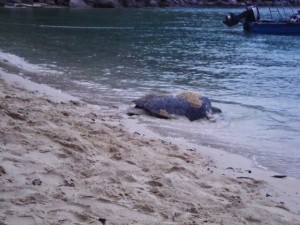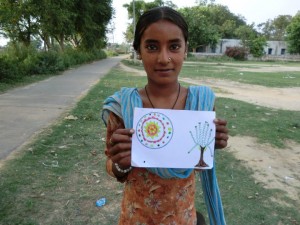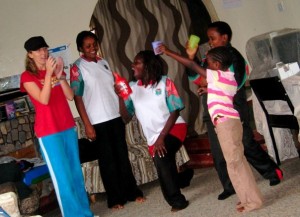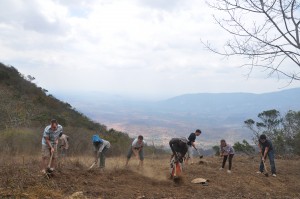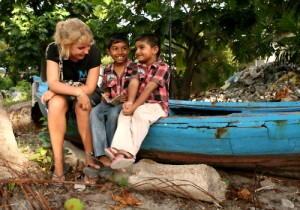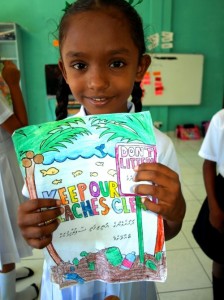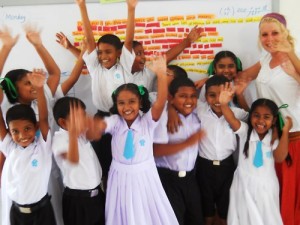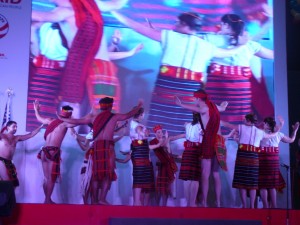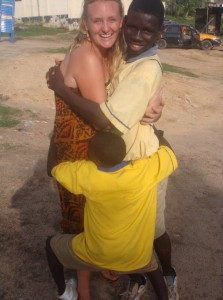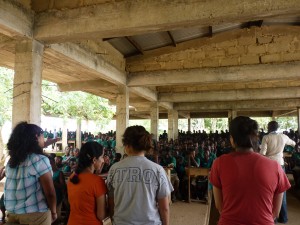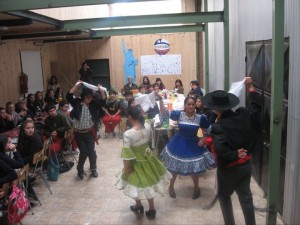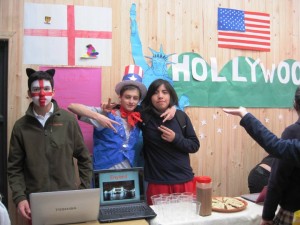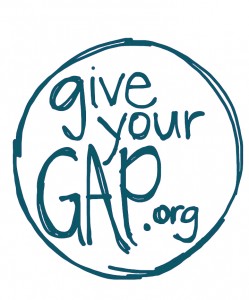 Singapore is easily the most modern city we have ever been to. But for all their high rises and government initiatives, it is still illegal to be gay. Technically.
Singapore is easily the most modern city we have ever been to. But for all their high rises and government initiatives, it is still illegal to be gay. Technically.
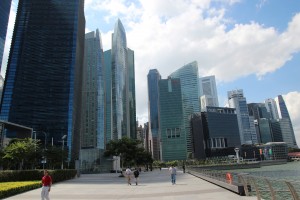
The impressive Singapore skyline. There would not be a lack of things to do in this very modern city.
Meeting with Oogachaga, a counseling and resource center for the LGBT community in Singapore, shed a lot of light on the situation in the country. There is still a law in the books outlawing gay sex. But the government specifically does not enforce it.
The volunteers and staff at this small organization were all very fun and extremely welcoming. Though they are small, they offer a lot of services. They have a phone hot-line, support groups, and online, in person, and text message counseling. They not only offer help to those in need, they also have singles mixers and relationship support and counseling. They also provide HIV/AIDS resources and testing.
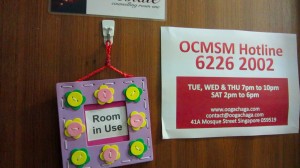
One of Oogachagas most essential services is its hotline, where the LGBT community members can receive advice and support, especially in emergency situations.
The volunteers all had memorable stories. Most joined in support groups and stayed on as volunteers, some becoming staff. They all shared the message that outreach and education is a big part of what needs to be done in Singapore. Terms like LGBT need to be explained. They work with school counselors to train them that LGBT kids are not sick, and how to conduct the right kind of counseling for them.
This is the kind of volunteer experience that is born out of passion. There is a different kind of volunteer here than what we’ve experienced in other places, because they rise predominately from the community itself. There are dozens of volunteers, contributing whatever time they have to event planning, outreach, or counseling. Oogachaga was a great reminder that volunteer opportunities exist in our home communities as well.
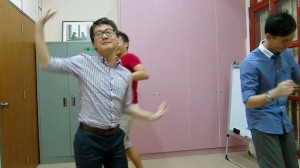
Volunteers get silly too! Thanks for letting us in on the Oogachaga dance- you can find it on our YouTube channel!
The Ooogachaga team is amazing. They are doing great work to help a marginalized part of the Singapore community. But our favorite memory is when the director explained how the foundation got its name. He referenced the show Ally Mcbeal, a personal favorite. In the show Ally likes to escape from reality and imagine a dancing baby dancing to semi-tribal music with the chant “oogachaga oogachaga.” The founder of the organization believes that inside everyone is a untouched baby dancing freely to their own beat. Oogachaga hopes to help people live lives in which they can be themselves and dance freely.
Check out our Oogachaga dance at: http://youtu.be/j8qpUSklGpw

